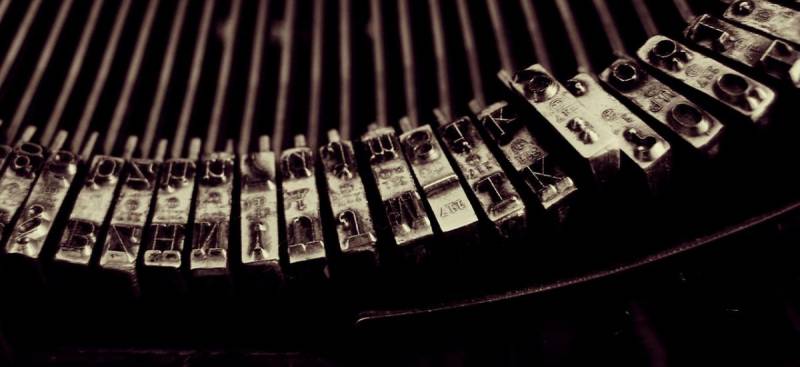Evrensel newspaper columnist Yusuf Karataş was sentenced to 10 years and six months in prison last month for being an active member of the Democratic Society Congress (DTK), a now-banned platform of Kurdish associations and movements in Turkey.
Since he is not part of the non-government organisation, why was Yusuf punished so severely? To answer this, we must first take a look at the DTK.
Once upon a time, the organisation was a dynamic player in Turkish politics: many of the governing Justice and Development Party (AKP) deputies, ministers, and advisers to the prime minister attended DTK meetings and DTK even made presentations at Turkish parliament.
However, a Supreme Court in Istanbul criminalised the DTK after the failed 2015 peace process between Turkey and the Kurdistan Workers’ Party (PKK), ruling that the NGO was equivalent to the outlawed Kurdistan Communities Union (KCK), a separate umbrella organisation that includes the PKK. The PKK has been fighting an armed insurgency for Kurdish self-rule in Turkey since 1984 and is designated a terrorist organisation by Turkey, the United States and the European Union.
After the court ruling, legal proceedings and sentences began to pour down rapidly on DTK members and delegates – except on those within the AKP.
Before the organisation’s ban, Yusuf attended DTK conventions on seasonal labour and immigration alongside many academics, activists and politicians. It is incomprehensible that Yusuf was punished over 10 years just for attending those meetings.
He explanation for his attendance was the following:
I participated in DTK’s activities, which was established as a platform where different political circles, institutions and intellectuals came together and held workshops and meetings on the solution of the Kurdish question and related social-cultural problems in the region.
In this context, my participation in a panel on the developments in the Middle East, a congress of seasonal agricultural workers and a workshop on labour at the Mesopotamia Social Forum were given as a justification of the membership of a terrorist organisation charge against me. Moreover, the court, which did not even see my face, raised the sentence on the grounds that I was “prone to crime”. It was claimed in the indictment that I held “secret organisational meetings” although I proved that they were open meetings to make interviews with my comrades and journalist friends.
This case is not a legal but a political remuneration one. Following the failure of the government’s attempt to instrumentalise the Kurdish question for its own policies, these lawsuits were filed based on years of eavesdropping for political retribution. Therefore, my defence of democratic solution for the Kurdish problem and resolution to write on these views in my articles at Evrensel was deemed sufficient to be punished. However, we will continue to write the facts and defend peace. And we know that these cases will become waste when this dark period that has flipped down on the country like a nightmare is over.
In short, Yusuf has been punished for standing with the Kurds. His persistence in journalism and his writings on the Kurdish issue and the Middle East also seem to play a big role in this vicious ruling. Now, the new trend is to punish journalists through activities such as meetings and press conferences rather than their journalistic activities.
Doing so stops international rights organisations from making too much noise, because everyone hesitates when the DTK is mentioned in indictments. Rights organisations and journalism groups need to speak out more about the severe punishment given to Yusuf. The charge against him is an attempt to create a “terrorist” from a journalist, and these groups try in vain but cannot remove the label off him.
After finishing the article, I learned that Mesopotamia Agency correspondents Adnan Bilen and Cemil Uğur, Jinnews reporter Şehriban Abi and journalist Nazan Sala, were arrested after reporting Turkish soldiers throwing two villagers out of a military helicopter from a high altitude over the eastern province of Van. The charge against them was “reporting on social events against the state”.
Protests or riots occur when the people are not satisfied with the state, and journalists report on such events because it is part of their job. Four journalists can be arrested on such a tragicomic accusation in Turkey today. The states of both the freedom of expression and of information in Turkey are pitiful, and the government still insists “journalism is a crime”.
